Food
The nutritional power of eggs
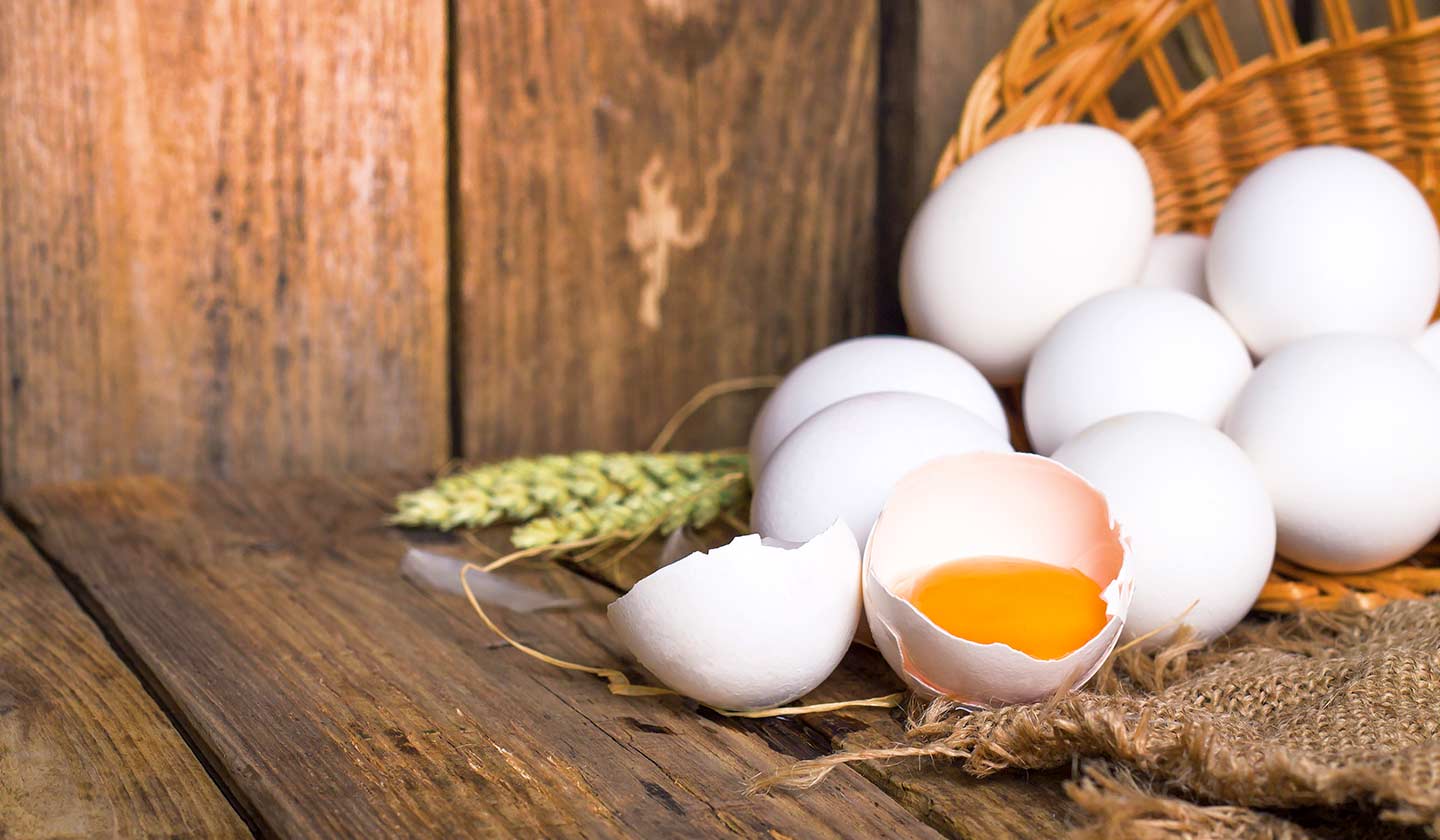
Eggs are one of the most consumed and versatile foods around the world. They have been an essential part of the human diet for thousands of years and are valued both for their taste and for their incredible nutritional composition.
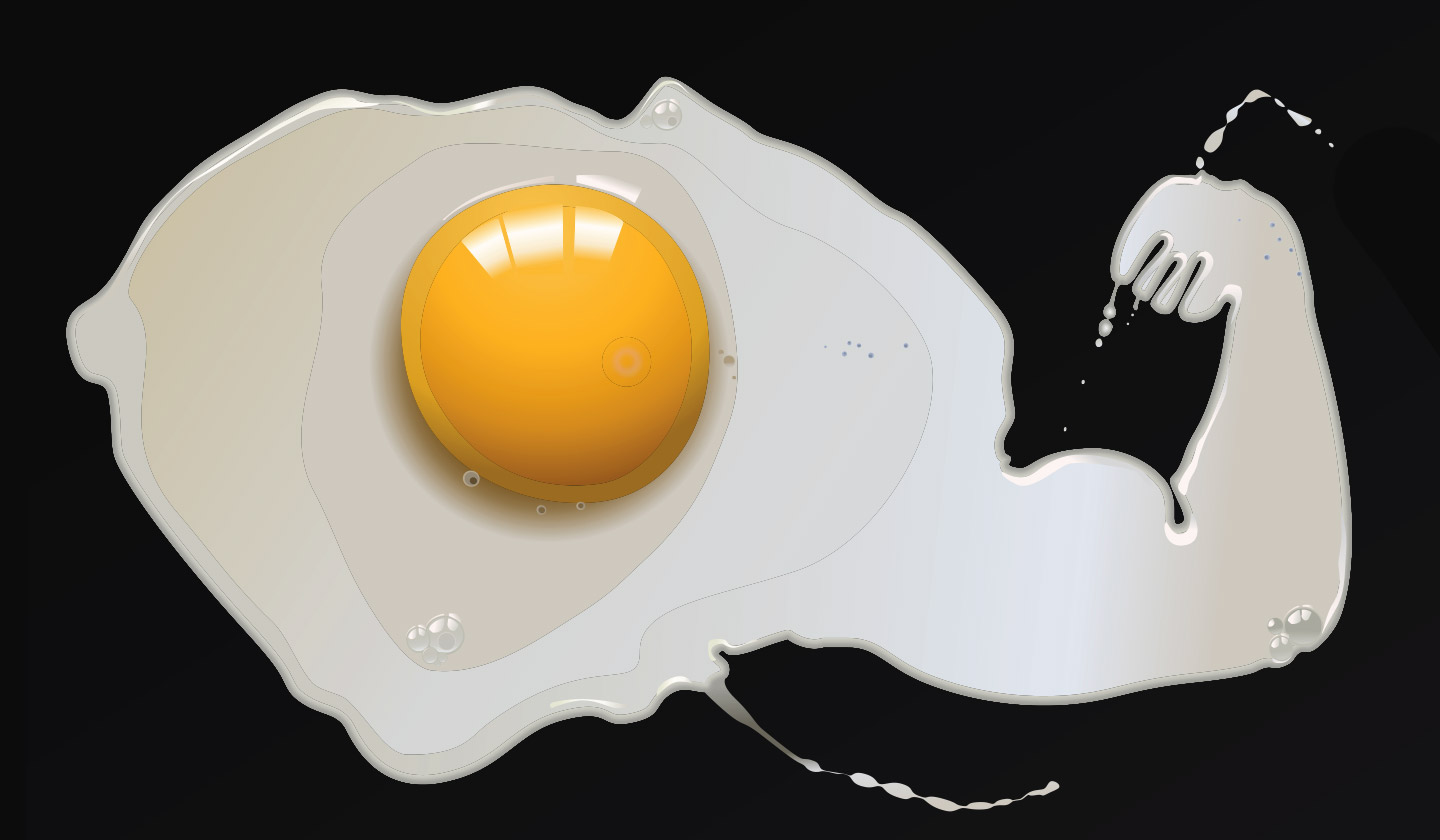
High quality proteins
Eggs are known to be an excellent source of high quality protein. The protein found in eggs contains all the essential amino acids needed for our body to function properly. In fact, eggs are considered a benchmark for protein quality, with a biological score of 100, which is the measure of how effectively a protein is used by the body. The proteins in eggs are easily digested and absorbed, making them an ideal choice for providing the building blocks needed for growth and repair of the body's tissues.

Essential vitamins and minerals
As well as being high in protein, eggs are a concentrated source of several important vitamins and minerals. They are especially known for being an excellent source of vitamin B12, which is essential for nervous system health and red blood cell production. Eggs are also a good source of vitamin A, vitamin D, vitamin E, vitamin K, as well as minerals such as iron, zinc and selenium, which play vital roles in various functions in the body.
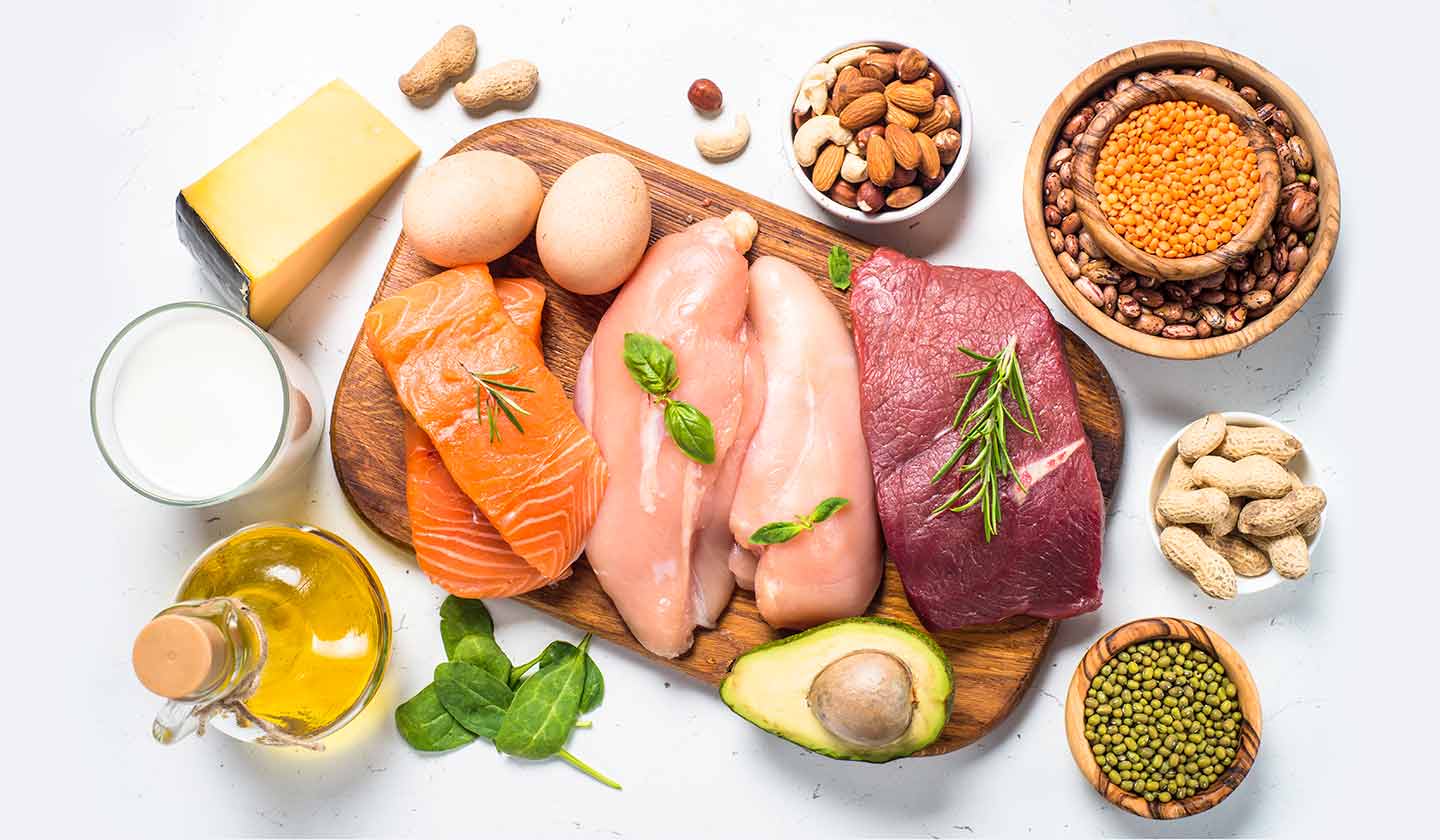
Healthy fats
Although eggs have been criticised in the past for their cholesterol content, recent research has shown that dietary cholesterol has less impact on blood cholesterol than previously believed. In addition, the fat found in eggs is a source of healthy fats, including omega-3 fatty acids, which are beneficial for heart health, brain function and reducing inflammation.
Antioxidants for eye health
Eggs are also a source of two antioxidants important for eye health: lutein and zeaxanthin. These antioxidants are concentrated in the egg yolk and have been associated with reduced risk of age-related eye diseases such as macular degeneration and cataracts.

Satiating power
In addition to their impressive nutritional profile, eggs are also known for their ability to promote satiety. Studies show that eating eggs for breakfast can help reduce hunger and calorie intake throughout the day, which can be helpful for weight management.
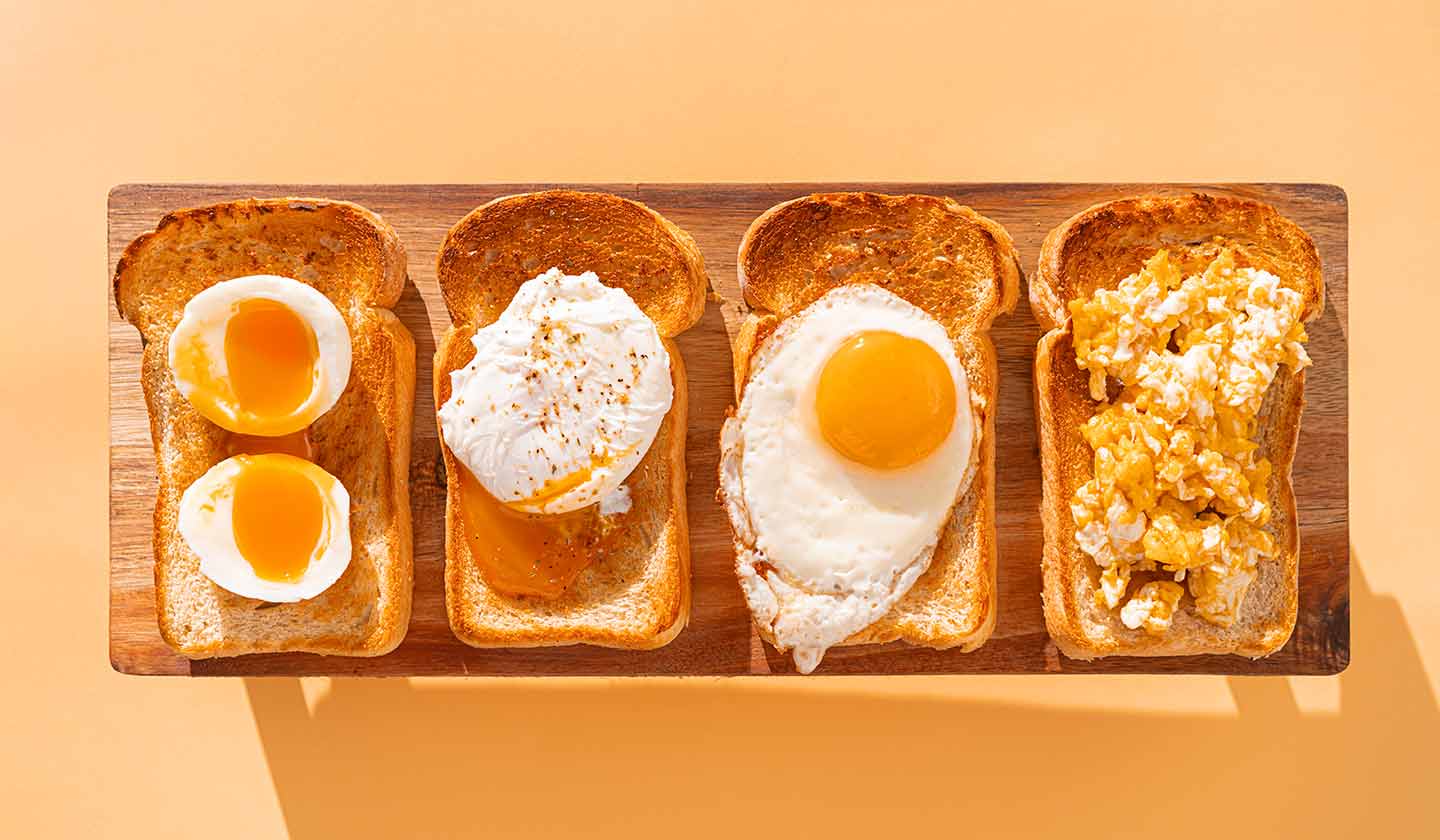
Incorporating eggs into a healthy diet
Eggs are incredibly versatile and can be incorporated into a variety of culinary preparations. They can be boiled, fried, scrambled, added to salads, soups and various dishes. It is important to note that for maximum nutritional benefit, it is recommended to consume eggs whole, as the yolk is rich in many essential nutrients.
However, it is always important to consider personal preferences, dietary needs and any specific health restrictions. If you have concerns about egg consumption, it is advisable to consult a health professional or nutritionist.
Conclusion
Eggs are a real nutritional powerhouse. They are an excellent source of high quality protein, essential vitamins and minerals, healthy fats and antioxidants beneficial for eye health. In addition, their ability to promote satiety can be helpful for weight management. Provided they are consumed as part of a balanced diet, eggs can form part of a healthy and nutritious diet.
Recipes
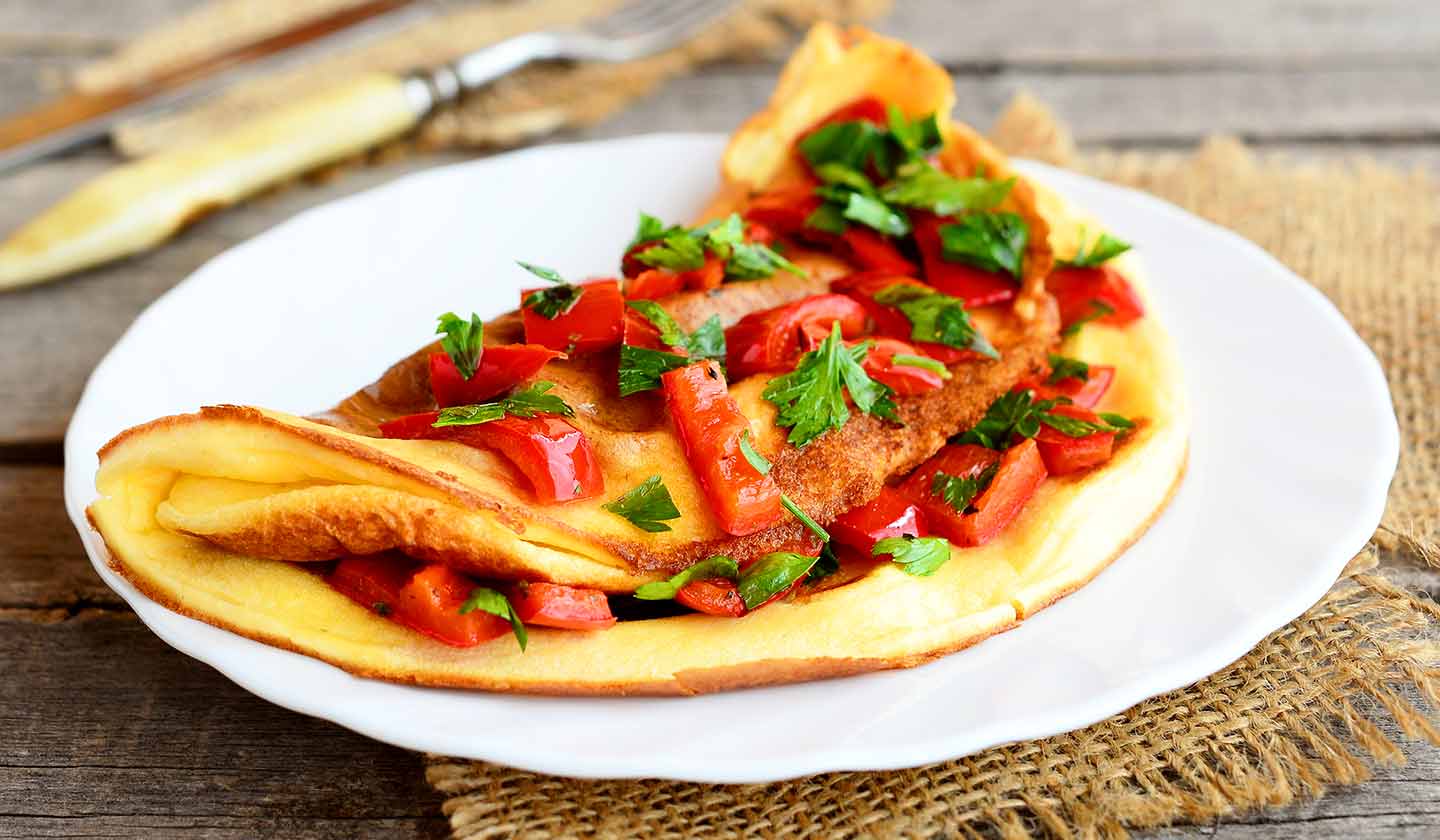
Vegetable Omelette
Ingredients:
- 2 eggs
- Chopped vegetables (such as spinach, tomatoes, bell peppers, onions)
- Salt and pepper to taste
- Olive oil or coconut oil to grease the pan
Preparation:
- Whisk the eggs in a bowl and season with salt and pepper.
- In a greased non-stick pan, sauté the vegetables until soft.
- Pour the beaten eggs over the vegetables and cook over a medium heat until the omelette is firm.
- Fold the omelette in half and serve.
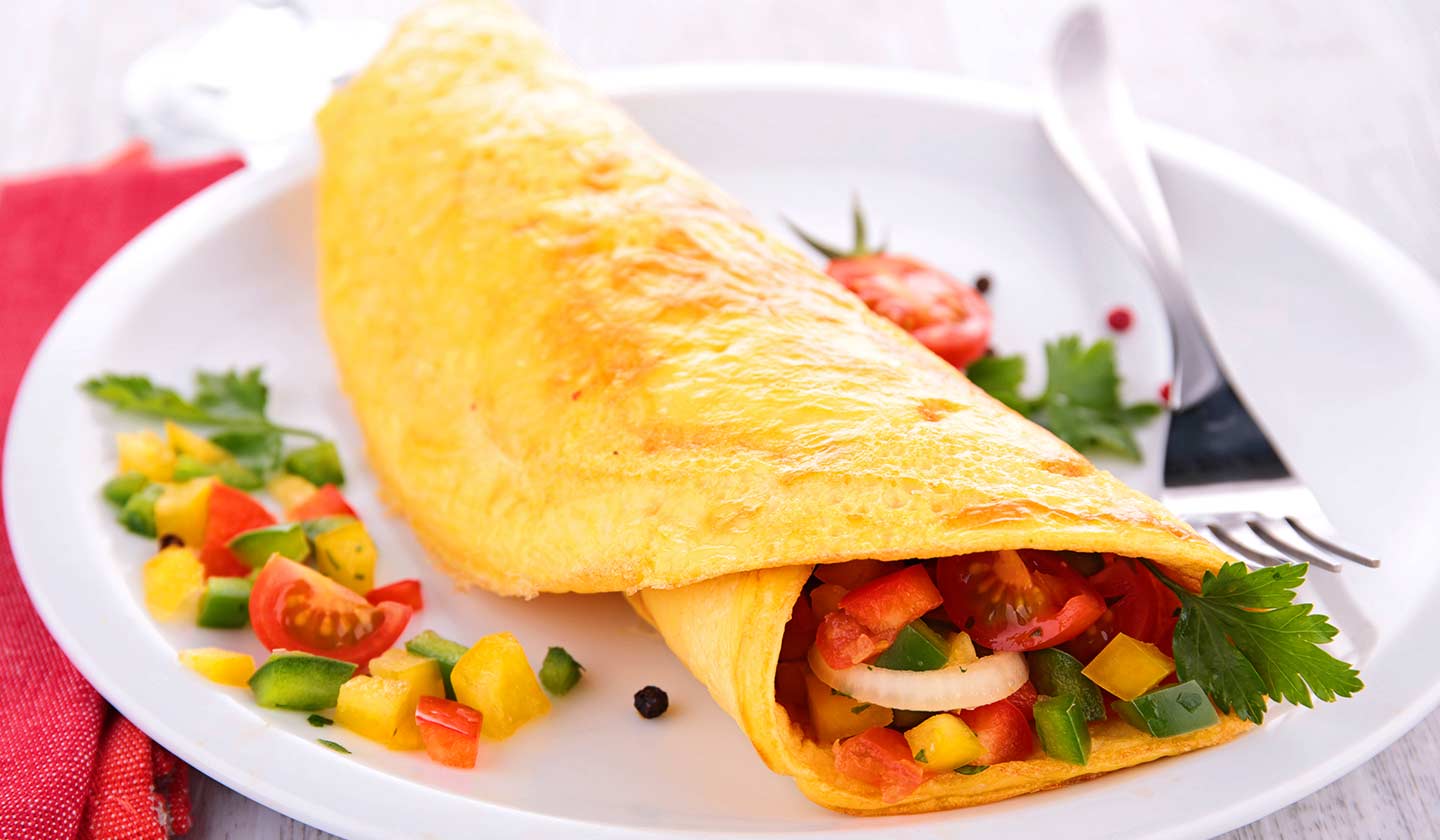
Egg Wrap with Vegetables
Ingredients:
- 2 beaten eggs
- Red pepper, cut into strips
- Red onion, sliced
- Courgette, thinly sliced
- Carrot, grated
- Lettuce or rocket leaves
- Tortillas (whole wheat, for example) or lettuce wraps
Preparation:
- In a non-stick pan, saute the vegetables until soft.
- Pour the beaten eggs over the vegetables and cook until firm.
- Place the egg and vegetable omelette on a tortilla or wrap.
- Add the lettuce or rocket leaves.
- Roll up tightly and cut in half.
- Serve as a healthy wrap.

Vinhais Traditional Folar
Ingredients:
- 1.5 kg of flour
- 10 eggs
- 5 g of yeast
- 1 small glass of olive oil
- 125 g of butter
- 1 chorizo/sausage
- sliced ham and bacon to taste
- 1 pinch of salt
Preparation:
- Dilute the yeast in a little warm water and add the salt.
- Pour the flour into a dough bowl or table, add the beaten eggs, diluted yeast and knead.
- Then add the butter and olive oil.
- Knead again and, if necessary, add a little flour to make the dough consistent and not sticky.
- Then place the dough in a bowl, wrapped in a white cloth and let it rise for 2 hours in a warm place.
- After proving, tent so that you can add the properly chopped meat.
- Wrap the meat with the dough, leaving the meat inside the ball.
- Line the pan you intend to put in the oven with olive oil.
- Place the ball of folar, brush with beaten egg yolk and bake the ball in the preheated oven at 200º for 15 minutes.
- After this time, reduce to 180º and let it cook for another 1 hour.
- Remove and let rest until cool.
Ana Neto
(Pharmaceutical)
Também lhe poderá interessar
Food
Intermittent Fasting for Beginners
Food






